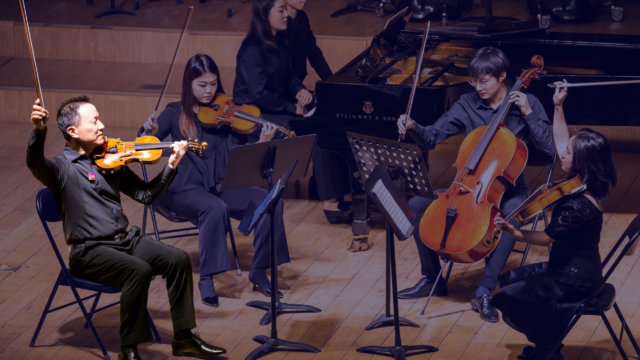The following questions and answers are intended to promote understanding of the application of the League’sAntitrust Policy to individual behavior in League-sponsored meetings (formal and informal) and on League facilitatedinternet discussion groups. It is not intended to be proscriptive for behavior outside the League environment, although it may be instructive and may stimulate orchestras to seek individual legal counsel.
Q. In order to comply with Intermediate Sanctions and immigration legislation, I need to know industry norms for compensation and benefits of administrative and other employees not covered by collective bargaining agreements. How can I learn this information?
A. Actual salaries and benefits for individual positions should not be shared in oral or written form. You should participate in the League’s annual Administrative Staffing and Compensation Survey. Executive directors and board chairmen of participating member orchestras will receive a report of the high, low, and median salaries for common position responsibilities, as well as percentages of orchestras offering various benefits for a market-basket of orchestras with comparable operating budgets.
Q. Many of my musicians negotiate individual overscale agreements. How can I learn what individual musicians are typically paid?
A. You should not share in oral or written form compensation or benefits committed to any individual. If desired, the League is willing to collect this information by position (principal trumpet, section strings, etc.) and provide it to executive directors of participating member orchestras in a format and aggregation similar to that of the Administrative Staffing and Compensation Survey.
Q. In preparation for CBA negotiations, I need to be aware of approaches, strategies, tactics that have proven valuable, as well as approaches that are anticipated for application in future negotiations. I also need to know the targets my colleagues are considering for their negotiations. Is this permitted?
A. It is appropriate to share these concepts orally and in written form as long as no specific amounts or percentages are mentioned, and no statements made about positions you plan to take. Even stating that “we hope to hold the line on increases this year” would be inappropriate. In other words, it is generally permitted to discuss why-and-how type questions, but not what-and-how-much. Labor law provides some level of discussion where a “commonality of interest” exists. League meeting groups are too large and diverse to qualify for these provisions, and therefore “multi-employer bargaining” or “coordinated bargaining” would not be appropriate in a League environment. However, negotiations such as multi-employer Electronic Media Agreements which affect the entire orchestra industry may be discussed online and in meetings.
Q. Am I permitted to discuss other orchestra’s experiences with guest artists in my price range?
A. You may share orally or in written form qualitative information about a guest artist’s engagement with your orchestra, but you should not share the fees paid to the artist. In order to determine if the artist is in your price range, consider the financial capacity of the source of the information. Do not share actual fees paid or contemplated.
Q. Regarding ticket and product prices, knowing how prices have been changing helps me to understand trends. I need to know how concerts are packaged and priced; I need to understand the effectiveness of discounting strategies. Are these conversations permitted?
A. The sharing of historical ticket prices is appropriate and meaningful, as they give evidence of strategies, trends, approaches, etc. Discussion of pricing strategies is permitted as long as no actual prices, or percentages, or future intentions on price are mentioned. Even though most orchestras are not in direct competition with one another, discussion of future pricing has been challenged as an attempt to restrain trade within an industry
